Ender Wiggin, who has been a feature on this blog before, has again graciously allowed me to feature one of his posts on this blog. It is about a fifteen minute read, but there is also a lot to process.
Why am I featuring stories from pedophiles on a blog dedicated to the primary prevention of child sexual abuse? Because unless we can understand what it is a non-offending pedophile goes through, and how they are different from the two categories of sexual abusers, we cannot firmly establish a line between a non-offending pedophile, a situational abuser, and a preferential abuser. Without being able to draw that line, we cannot be rational or be able help non-offending pedophiles realize that they will not inevitably harm a child.
The stigma against pedophiles and the barriers that interfere with their ability to seek professional help if it is needed is also a significant barrier to accepting the idea that child sexual abuse is preventable. I believe it is time to break down those barriers, because barriers are not helping the general public understand the topic of child sexual abuse prevention.
Pedophilia is an incredibly difficult condition to understand and empathize with. It is incredibly rare, and to most people it is very mysterious. Frankly, Ender has a way with words and personal stories that far surpasses my ability to tell a story of myself and my own journey through pedophilia. I think it is very valuable to hear his story, especially if you are prejudiced against pedophiles. Without further words, here is his story.
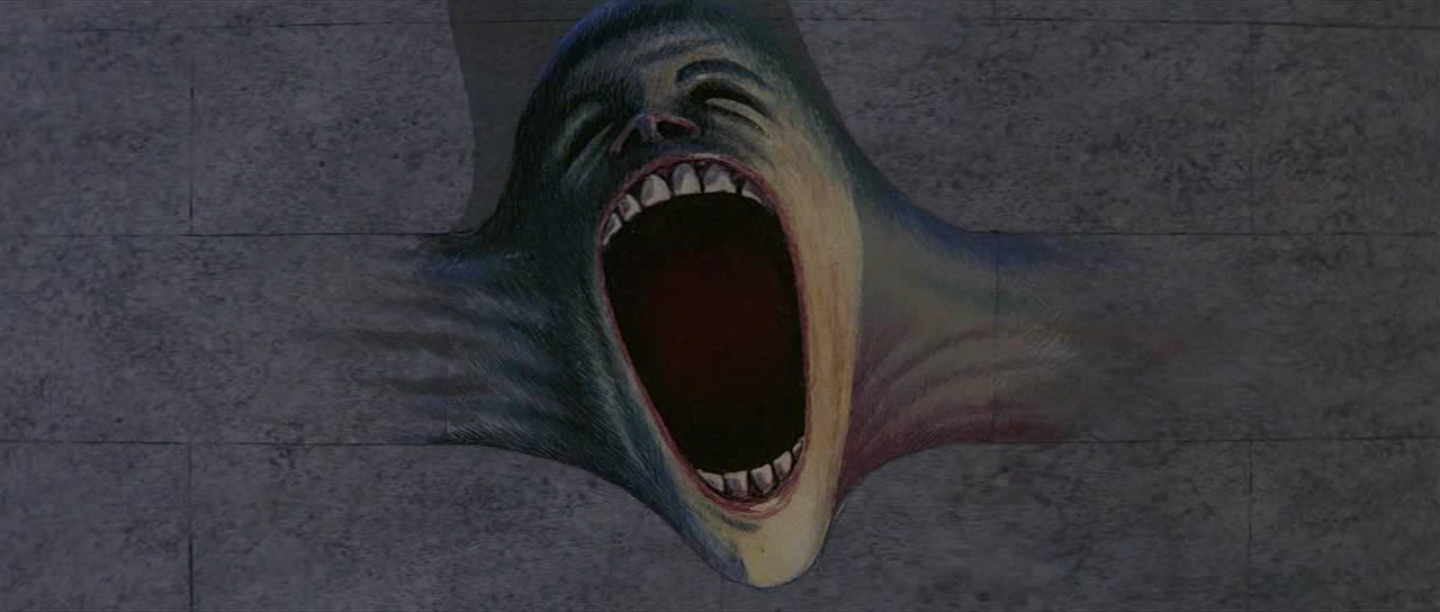
Comfortably Numb
A journey through realization, despair, lethargy, awakening and acceptance
This is my most personal post to date. I feel very comfortable analyzing things from a rational, logical, factual point of view and then putting them down into written word. Writing about my feelings, however, is a completely different topic. I hope this post gives a different perspective of what it’s like growing up and living one’s life as a pedophile.
Mylife took a dramatic turning point a little over two years ago. Even before that, I was never in denial about my attractions. I have memories of finding other boys attractive since as early as when I was eightyears old. As you can imagine, at the time I didn’t know much about sex — in spite of having discovered pornography (by accident) and with it masturbation two years earlier — or the notion of sexual attraction, let alone homosexuality or pedophilia. But even prepubertal children often know they feel something special that they don’t quite understand or know how to describe for some people, typically children their own age. In most cases, a boy will feel that something especial for a girl — they have a crush. In my case, I felt it for other boys my age. Of course I didn’t know any better at that age, so I never even questioned whether it was normal or not. It just was.
As I kept growing up, the boys I found attractive didn’t quite grow up with me. Up until I was about fourteen I would still find enough boys my age attractive to not think too much of it. At that age I was more aware of sexuality and started really worrying about being gay. Having been brought up in a Catholic household, it was a very scary thought. In addition, homosexuality wasn’t nearly as discussed in the open as it is today, let alone accepted by society in general. However, I always knew that I found a lot of younger boys attractive. This would typically be the younger brothers of my age peers who I knew from my neighborhood or from school, or simply boys I would see in movies and TV shows. This went on for the next couple of years. I don’t even know where or when I ever heard the term pedophile for the first time, but I’m pretty sure it wasn’t until much later that the notion of there being adults interested in sex with children even crept into my consciousness.
Up until I was about sixteen I just kept hoping that I was just a ‘normal’ gay boy, and that this would be some kind of phase that would eventually pass. Even if I didn’t consciously know about pedophiles I already knew that something was really off. Now it wasn’t just my friends’ younger brothers that were perhaps two or three years younger than me. It couldn’t possibly be normal for me to develop intense crushes on boys eight years younger than me, and to have sexual fantasies about boys so young. I was so confused. Was I just gay? What the heck was wrong with me? Why me? I still on occasion thought that I would eventually have to come out to my family as gay, and the thought terrified me. When you’re brought up in an environment where your parents have never talked to you about sexuality, and where you are afraid that they will not understand and they could stop loving you, how does one deal with that pain? Who does one talk to? What is one supposed to do?
The pain is so unbearable that there is only one way out. You numb your feelings enough to survive, to go through your life weathering the storm as best as you can. You put on a mask and learn to pretend that you’re OK when you’re anything but. You daydream about running away but can’t quite figure out where you’d go. You build a wall around your very soul and you don’t let anyone penetrate it, because you are certain that they will be so disgusted by what they see inside that you just can’t bear the thought. So you never talk about anything substantial with your friends, your siblings or your parents. You become a stranger to everyone in your life. You wear the mask. You become the mask. You become comfortably numb.
There’s a beautiful Oscar-nominated Irish animated movie called Song of the Sea, in which a boy named Ben discovers that the fantastic world of legendary mythical creatures from the stories his disappeared mother used to tell him when he was little are true, including the fact that his sister Saoirse is a selkie — a mythical creature with a woman’s body on land that turns into a seal in the sea — just like his mother was. There is an Owl Witch named Macha who helps you escape your pain by taking away your negative feelings and bottling them up — literally — in jars. But there is a hefty price to pay. The more you bottle up your feelings, the more and more numb you become, until you turn into stone.
In the movie, the giant Mac Lir’s heart was broken, and the pain was so intense that he cried an entire ocean. In order to save him from the pain, his mother Macha the Owl Witch took away his feelings, and turned him into stone. Thus, he became the island which can be seen from the lighthouse where Ben lives with his family. I became the stone giant. The pain was just too much to bear. I resigned myself to the idea that I would never know love. I would always be alone.
Thus I lived my life; the great pretender. I was social enough. I hung out with my friends from college, while my parents—or anyone else in my life, for that matter — never suspected there was anything wrong with me. I became so adept at wearing my mask and hiding my feelings.
Until one day someone you’ve known for a while does something unexpected and tells you she has feelings for you in a quite unconventional way. And you freak out. And you freeze. So you don’t react. You do nothing. It’s just too scary and you’re too afraid to move.
You’ve already given up on being normal, or even a ‘normal gay guy’. But you wonder, and you ask yourself. If I was normal. If only. Sure, you have some girl friends (not girlfriends) and you like them enough—as friends. In that kind of awkward friendship you can build with someone when you’re constantly wearing a mask and checking that the fortified walls around your soul are properly manned to protect you from assault. You’ve never been attracted to them. Not that way. Not the way a guy your age is supposed to be attracted to a girl. Not the way your friends talk about the girls they’re attracted to. But you do like them. And you realize there’s someone you like a little differently, a little more. She’s the one that you think about when you think “if I was normal”. Because she’s an amazing human being, the kindest heart you’ve ever known. And she happens to be the one that shakes your entire world by telling you about her feelings for you. What do you do? How do you react? You try to pretend like nothing happened and you do nothing. You’re literally too scared.
Until something happens and you just can’t hide anymore. You can’t hide from her. You can’t hide from yourself. So you have to meet up with her. You tell her you like her, but you’re unsure if you’re even capable of loving someone. You tell her that you hate yourself, even if you can’t say why, and that you find it hard to believe that anyone would want to be with you. But she tells you that she sees something in you, even though you’re largely a mystery to her — as you are to everyone in your life. She can sense the pain, though she doesn’t know exactly what it is, and has no idea where it comes from.
You don’t want to lie to her. You really don’t. You don’t want to hurt her. She says she wants to know you, but you know you can’t let anyone know you. Notthe real you. You can’t let them penetrate that wall. It would be… no — you just can’t. You never even think about it at a conscious level. You just know it’s impossible. You don’t even make a decision. It’s not even an option. But you try. You really want to be normal, so you try to be normal. And it hurts. Being in a relationship with someone is scary when you have never let anyone come close to you before. When — in addition — you have a secret as terrible as this one, it’s even harder. When you have numbed your feelings so much that you don’t even know what you feel, how do you express them?
And she helps you, and you learn to open up, little by little. But you keep that secret hidden, because you don’t know otherwise. Because that’s just what you do. Who in their right mind would do any different? And you start to build something. A family. And they’re all that you’ve ever done that is good, or so it feels to you. But you’re still comfortably numb, it’s too scary and painful to feel. You’re not in denial — you know well what you are. What you’re attracted to. You just haven’t named it. It’s just there in the back of your mind, and you ignore it, even though you notice it every day. And time goes by. The months turn into years; the years into a decade. I lived my life in lethargy. In an emotional auto-pilot.
Ithappened unexpectedly, the awakening. I was traveling for work when, back in my hotel in the evening, I came across a YouTube video by James Cantor talking about pedophilia. How? Why? I don’t even remember what led me to it. The Pedophile’s Brain. Yeah, of course I’ve heard that word before. So why had I never thought of myself as… that? It hit me like a truckload of bricks. My memory is hazy afterwards. I don’t know how that led me to an article, and then another article. And one of those articles led me to theVirtuous Pedophiles website.
I sat there in my hotel room, reading the stories of other people like me featured on the main page. People struggling with the same pain. And suddenly tears are rolling down my face. I fill in the contact form to access the peer support forum, but it takes some time to get a reply. My mind is racing. The next morning I catch a flight home. I spend the entire flight crying. I think about getting back to a wife who doesn’t know her husband; children whose father will never be able to let them know him. How could I do that to them? It’s not fair. She doesn’t deserve this. They don’t deserve this. But what can I do? This is what I am. This is who I am.
I get home, and I have to keep wearing my mask. Thank God I can do this so well. So many years of practice. I can’t let her see the turmoil inside, lest she asks. I finally get access to the VirPed support group, and I introduce myself. I refer to myself as a pedophile for the first time in my life. I cringe. The welcome is soothing. They get it. They understand. I get involved, receiving support and at the same time giving it to other members, new and old. Giving is more healing than taking. And quite soon it happens. You hear people telling stories of how they came out — or were outed — to their loved ones, and how they were accepted, forgiven — if necessary — and supported. Wait, what?Is this really possible? Can one say this about oneself, and not be rejected automatically? I also hear some horror stories about just that; unfortunately not everyone can be so understanding and accepting. Unconditional love exists, but there is no guarantee.
Thus the urge starts to grow. Should I tell her? I want to tell her. How will she react? Will she be able to forgive me? Will I lose her? Will I lose my children?The numbness is gone. Everything hurts now. I cry easily. Way too easily. Hiding that something is really wrong with me becomes harder than it’s ever been. The burden is so heavy now. It weighs me down. I wouldn’t know until later that these are symptoms of clinical depression. But I somehow keep battling it out of sheer willpower for several months, while I struggle with the decision of whether I should or should not tell her. I have many reasons to, but are they the right ones? Is it just because I want my conscience to be clean? Because I want to feel better? Because I can’t bear the pain of carrying this burden by myself any longer? I have many reasons not to. Good reasons. I don’t want to lose them. I don’t want to place my burden on her. I convince myself, several times, that the risks outweigh the benefits.
I keep involved in the VirPed community and I start building friendships. These are strangers from the internet and somehow they know me better than anyone ever knew my in real life, including my parents, siblings or wife. There are no barriers with these people; no masks. They understand, and they’re there for you when you need them. You’re there for them when they need you. You take great solace from being able to help them, and they accompany you through this difficult time. They help you put things into perspective and ultimately become instrumental in you making the toughest decision you’ve ever had to make in your entire life.
It started as a therapeutic exercise. A letter. I didn’t plan on giving it to her. It took months to write, and many tears were poured over it. Many late night conversations with my friends on the forum. Many sleepless hours at night lying by my wife’s side in bed, wondering what would happen. Praying. Dreading.
One night, after yet another business trip, I knew it was the time, and I gave her the letter after the kids were asleep. Instead of having a nervous breakdown while she read it as I had imagined countless times, I felt an inexplicable calm. And cold. I was waiting somewhere else in the house, and when I heard her footsteps coming towards me, that’s when I crumbled and started to cry. We hugged, very tightly. She was crying too. I’m sorry. It’s all I can say. I’m sorry. The mask was off. For the first time in my life, someone knew me. All of me.
There’s a lot of tears. Some tough questions. And a lot of love. Unconditional love. There’s forgiveness, and acceptance. Acceptance feels like such a balm. It’s hard to describe. Like after-sun lotion on skin burned by a summer sun.
Ireally am a different person now. It hasn’t been easy. She’s been incredibly understanding, sympathetic and supportive. I definitely do not deserve her — and yet here I am. It’s hard to cope with this knowledge, for both of us. For me, knowing that someone knows this part of me that has remained a secret for so long. For her, well, it’s kind of obvious.
She encouraged me to seek some form of in-real-life support, and I started seeing a therapist, which has been incredibly helpful. No, she wasn’t expecting to cure me, and neither was I. But being able to process of all those repressed feelings from so many years back has been incredibly liberating. My therapist has been amazing. I’ve also been taking medication, which has helped with the depression, and I’m doing much better.
I never needed therapy to know I couldn’t act on my attractions. It was never even an option for me. No one had to ever tell me it was wrong, it just felt wrong. Even growing up when I was still a teenager, it was just something that never even crossed my mind. I don’t need therapy to not be a danger to children. I never have. And I don’t need therapy to ‘cure’ me, because it just can’t.
Therapy has helped me accept myself. Accept that I am what I am, and that I am a worthy human being. In fact, I’m probably a better human being because of it. Because if I wasn’t like I am, perhaps I’d be more intolerant towards others. Being part of a hated minority does give you some perspective on things. Before all of this, though, I don’t think I had accepted it. I had resigned myself to it, if anything. But that’s not the same thing.
As a practicing Catholic, I also sought support from a priest I knew. I came out to him shortly after, and he has been incredibly supportive and understanding. His acceptance has meant a lot to me at a personal level. He also helped me understand that if I am the way I am it’s because God has wanted me to be this way. I can’t fathom why, but it does bring me comfort. God has not only made me this way, but he loves me and accepts me just as I am. And He will never turn His back on me. Many people of faith will say that I ought to pray every day to be rid of this condition, to be ‘healed’. Pray the pedo away. And if I don’t succeed, it’s because my faith wasn’t strong enough. Perhaps it isn’t, but I just don’t believe things work that way. My priest has helped me realize that the real miracle here is what’s happened in the last two years. That I am able to accept myself fully. That my wife was able to accept me and forgive me. And that we can continue to be together, building our family, building our future and that of our children.
That is all I ever needed. All I ever wanted. To be known. To be accepted. To be loved. For real. Not the me with the mask, but the me behind the mask. The hurting me. The vulnerable me.


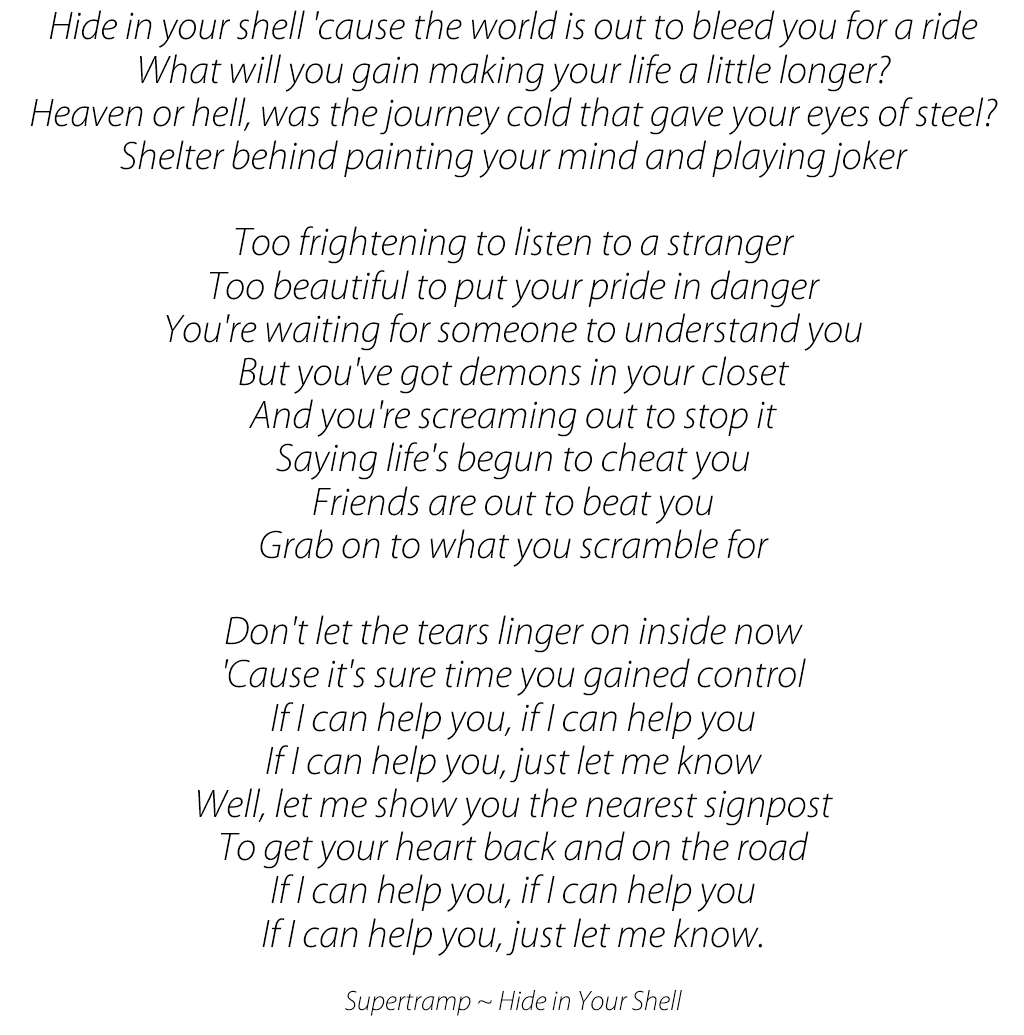



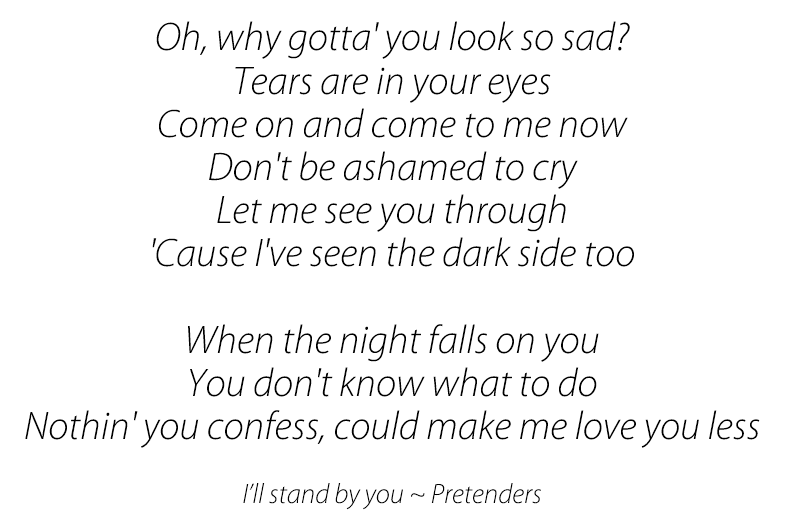
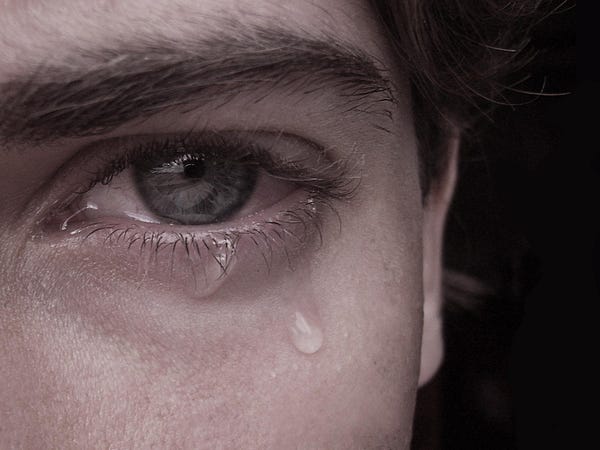
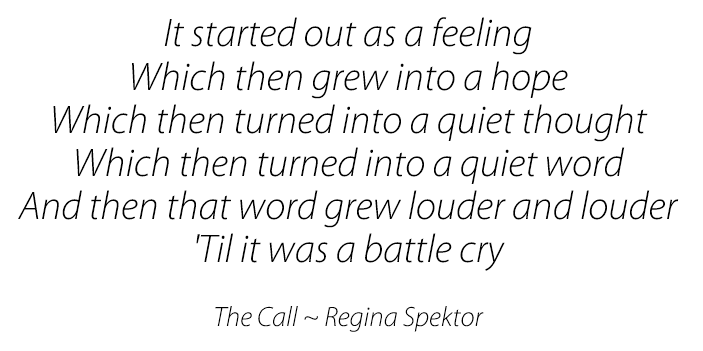



No comments:
Post a Comment
Comments are moderated to ensure a safe environment to discuss the issues and difficult content in this blog.